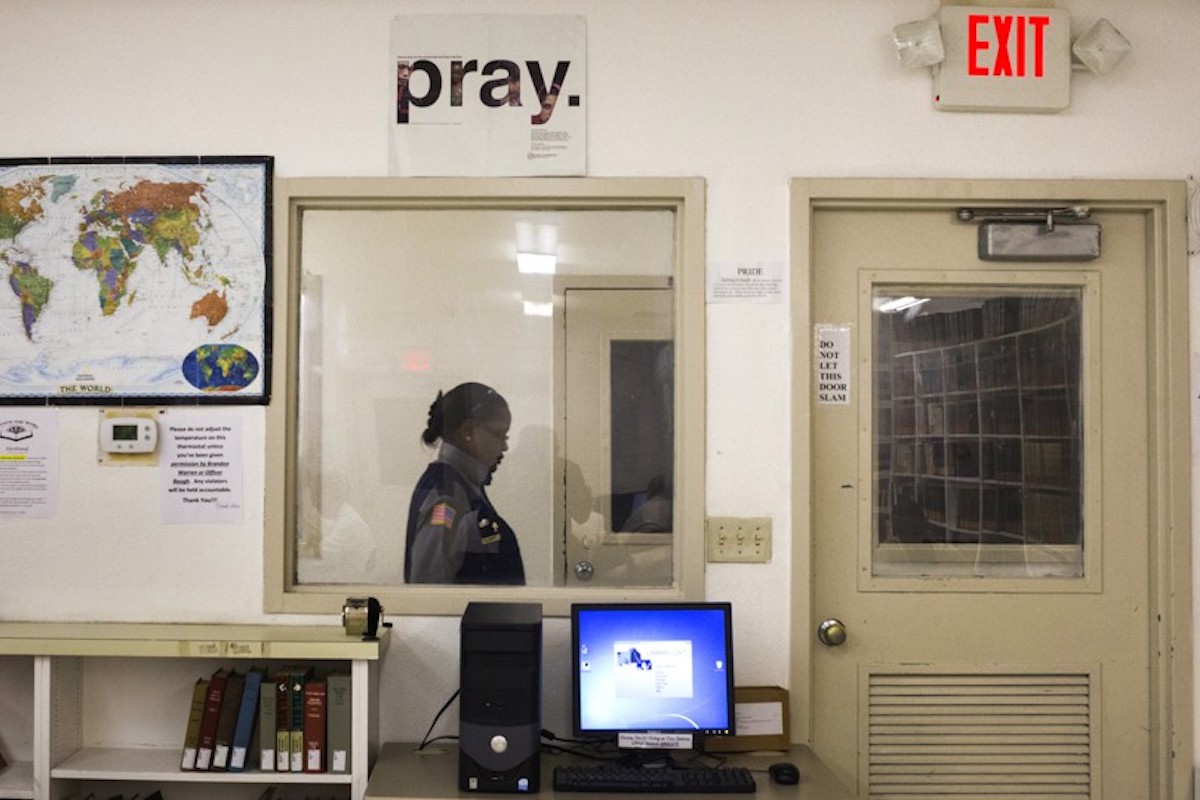[dropcap]The[/dropcap] Government Accountability Office did not mince words in the top line of a 1980 report to Congress on inequitable treatment of women in prison: “Women in correctional institutions are not provided comparable services, educational programs, or facilities as men prisoners.”
Incarcerated women had been filing lawsuits—and they had been winning. Their conditions, they argued, violated their constitutional rights: Indifference to medical needs was cruel and unusual punishment, courts found. In some instances courts found that male guards’ contact with women constituted an extreme invasion of privacy. And at a more fundamental level, courts said that failing to provide parity in vocational programming was a Fourteenth-Amendment violation. Those victories forced the government to take notice. That unfair treatment, the GAO said, required action. [mc4wp_form id=”6042″]
Today, nearly four decades after that GAO report, the disparity in educational offerings between women and men is still immense. The Texas Criminal Justice Coalition (TCJC), an advocacy group, released a report last week on the treatment of women in Texas’s criminal-justice system showing how the needs of incarcerated women continue to go unmet. One of its findings: The state offers 21 job-certification programs for men, and just two for women. The programs are as different in kind as they are in number. Men are offered programs such as construction carpentry, electrical technology, and advanced industrial design. Meanwhile, women are offered office administration and culinary arts.



You must be logged in to post a comment.